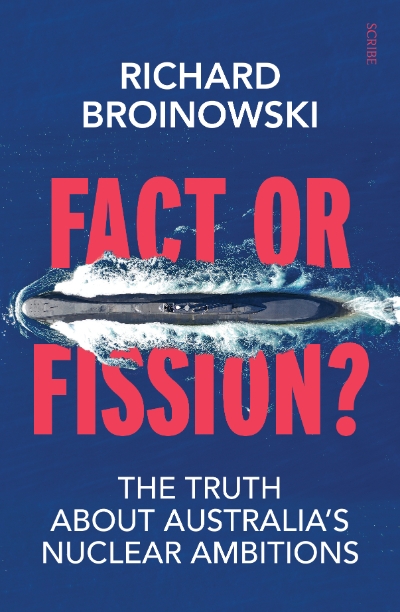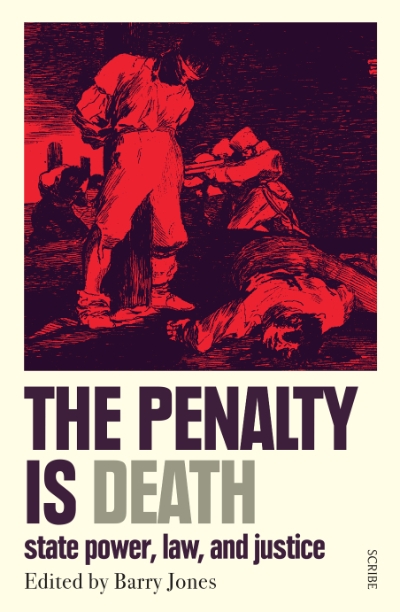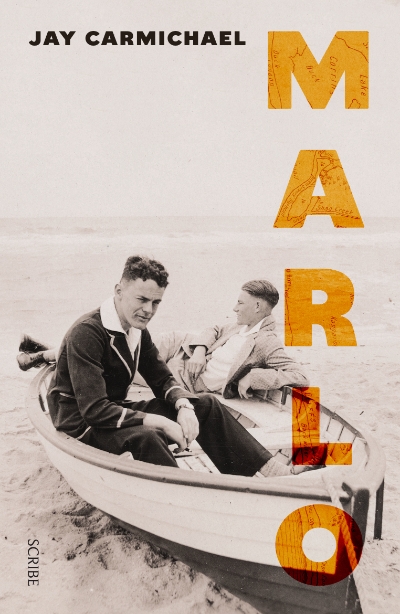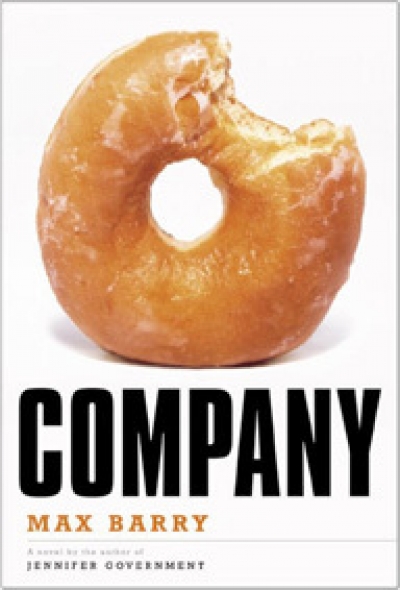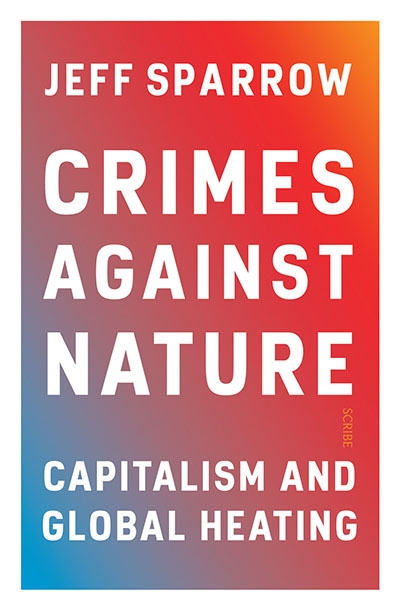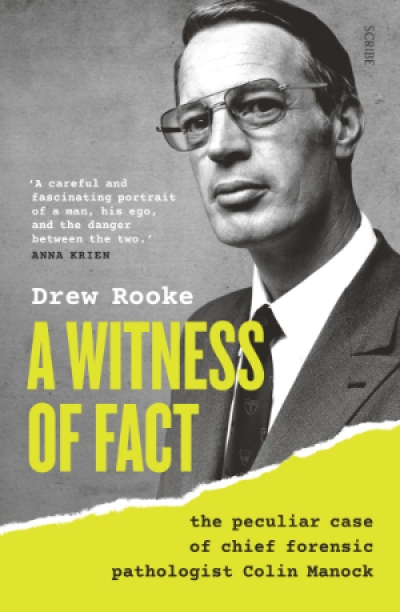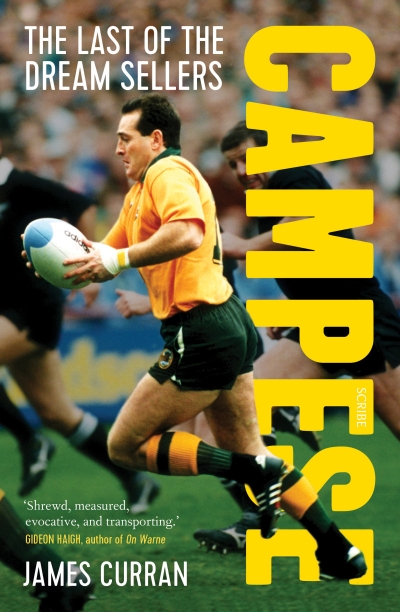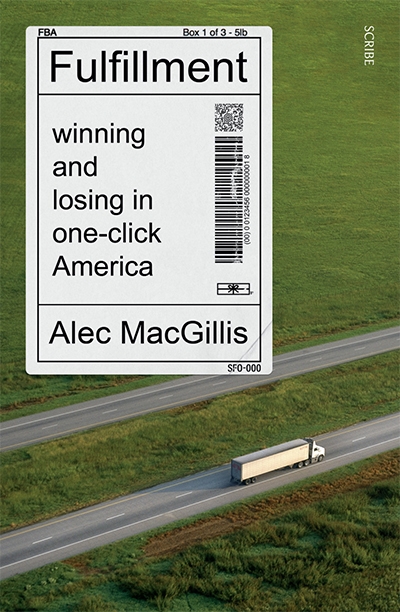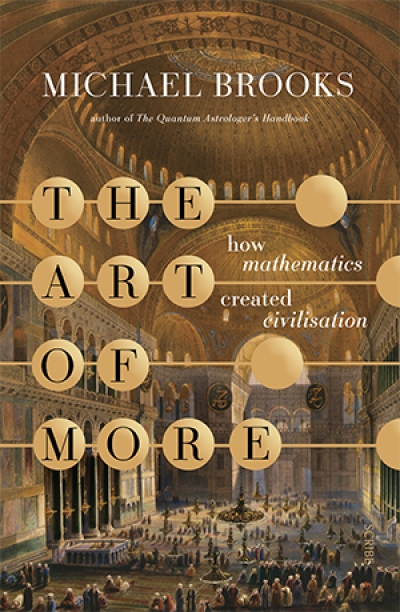Scribe
Fact or Fission: The truth about Australia’s nuclear ambitions by Richard Broinowski
by Jessica Urwin •
The Penalty Is Death: State power, law, and justice edited by Barry Jones
by Christopher Ward •
Marlo by Jay Carmichael & My Heart Is a Little Wild Thing by Nigel Featherstone
by Jay Daniel Thompson •
Crimes against Nature: Capitalism and global heating by Jeff Sparrow
by Kurt Johnson •
A Witness of Fact: The peculiar case of chief forensic pathologist Colin Manock by Drew Rooke
by Alecia Simmonds •
Campese: The last of the dream sellers by James Curran
by Barnaby Smith •
When Anne Shirley dreamed of finding a ‘bosom friend’ in Avonlea, she did more than conjure Diana Barry into existence. The heroine of Lucy Maud Montgomery’s Anne of Green Gables (1908) imprinted on us an almost impossible standard for what to expect from our earliest female friendships: a lifelong source of joy sustained by a mutual devotion to each other’s best interests. More often than not, however – as the popularity of Elena Ferrante’s Neapolitan novels attests – childhood friendships are as complicated as any other. And when they rupture, whether through accident, argument, or design, the aftershocks can last well into adulthood.
... (read more)Fulfillment: Winning and losing in one-click America by Alec MacGillis
by Jack Callil •
The Art of More: How mathematics created civilisation by Michael Brooks
by Robyn Arianrhod •

